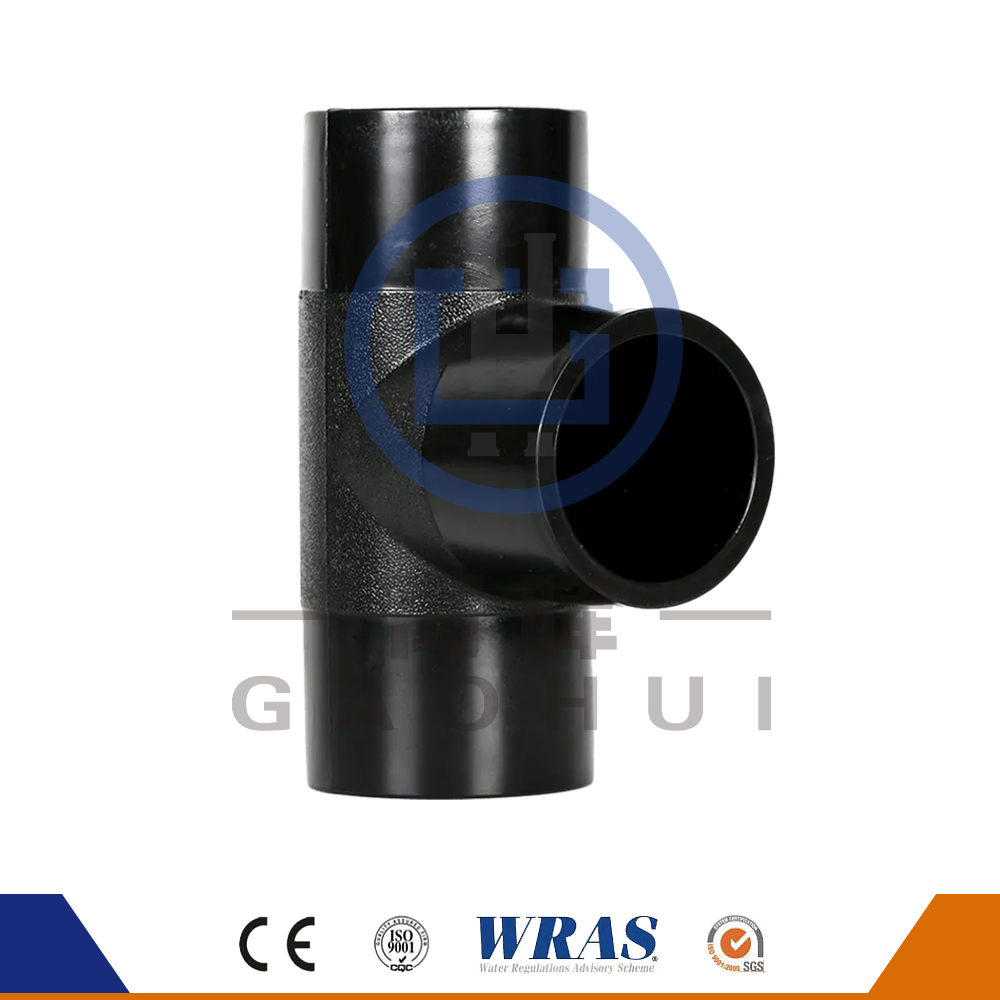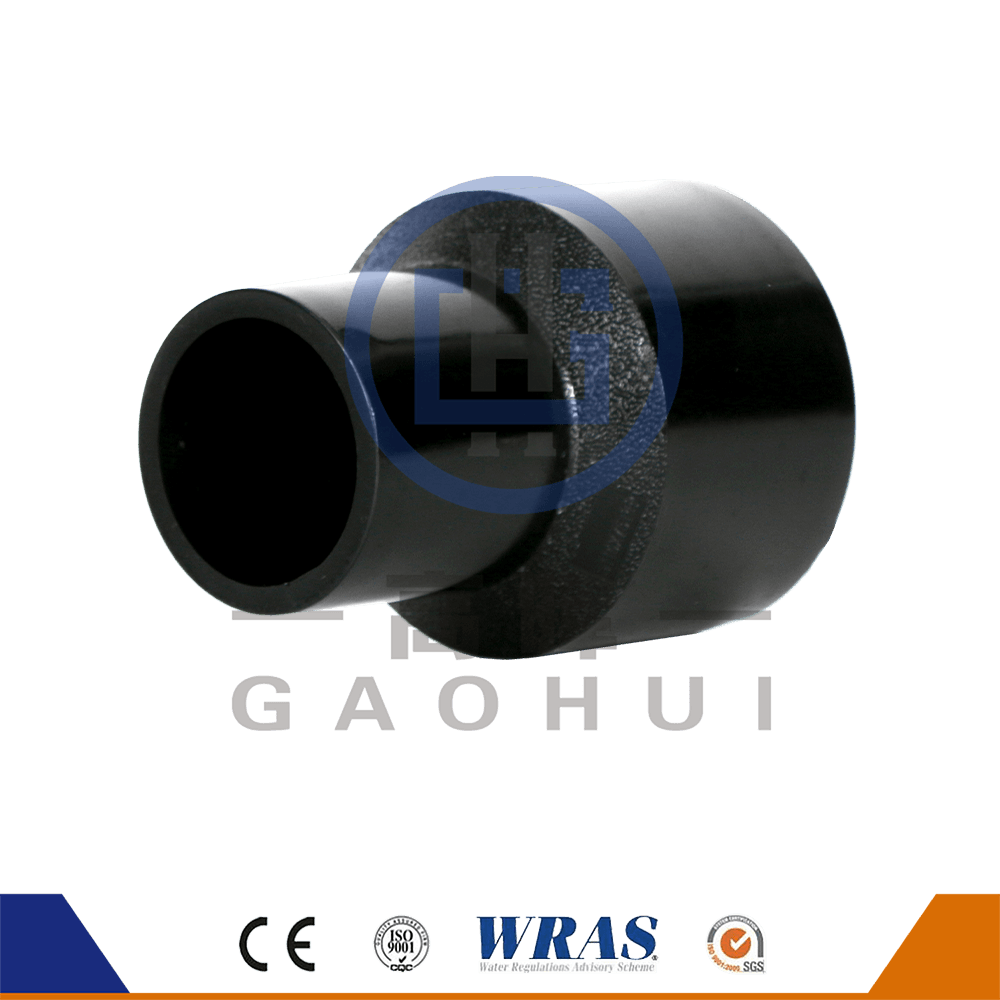Content
With the increasing shortage of global water resources, water conservation has become the focus of global attention, especially in agriculture, industry and municipal administration. How to effectively use limited water resources and reduce waste has become an urgent problem to be solved. As a key component of modern water-saving systems, plastic pipe is gradually becoming an ideal choice to replace traditional pipe materials due to its performance.
Basic characteristics of plastic pipe
Strong corrosion resistance
Plastic pipe is not easily corroded by corrosive substances such as acids, alkalis and salts in water, so it can maintain long-term stability in environments with poor water quality. Unlike metal pipes, plastic pipe will not leak or degrade due to corrosion, which significantly extends its service life and reduces maintenance and replacement costs.
Lightweight and easy to install
Plastic pipe is much lighter than metal pipes, and the installation process is not only more convenient, but also reduces transportation and operation costs. Especially in large-scale water conservancy projects, plastic pipe can effectively shorten the construction period and reduce labor costs due to its lightness and high strength.
Low friction coefficient
Plastic pipe has a smooth inner wall with a low friction coefficient, and the water has little resistance when flowing through it. This means that water can pass through the pipe more smoothly, reducing energy loss, and is particularly suitable for water-saving irrigation systems that require efficient flow control.
Good temperature resistance
Plastic pipe can adapt to temperature changes. For example, polyethylene (PE) pipes can withstand freezing at lower temperatures, while polypropylene (PP) pipes also have good stability in high temperature environments. Therefore, plastic pipe can operate stably under various climatic conditions and is not easily affected by temperature changes.
The key role of plastic pipe in water-saving systems
Plastic pipe plays a multifaceted role in water-saving systems. Whether it is agricultural irrigation, industrial water saving, or municipal water supply systems, plastic pipe has become an important tool for improving the efficiency of water resource utilization with its unique advantages.
Agricultural water-saving irrigation
Plastic pipe is widely used in the agricultural field, especially in water-saving irrigation technologies such as drip irrigation and micro-sprinkler irrigation systems. Traditional irrigation methods often cause a lot of water waste, while drip irrigation and micro-sprinkler irrigation systems can effectively avoid excessive waste of water resources by precisely controlling water flow.
Plastic pipe is an ideal material for these water-saving irrigation systems due to its corrosion resistance, pressure resistance and low friction coefficient. In irrigation systems, plastic pipe can evenly transport water flow to ensure that every crop can get enough water without causing excessive evaporation or leakage. Especially in some arid areas, the widespread use of plastic pipe has greatly improved the efficiency of water utilization and contributed to the sustainable development of agriculture.
Municipal water supply and drainage system
Municipal water supply system is an important part of urban infrastructure, and the application of plastic pipe in this field is increasing. Compared with traditional metal pipes, plastic pipe has stronger corrosion resistance and oxidation resistance, can effectively resist impurities and harmful substances in water quality, and avoid the problem of rust or corrosion of metal pipes.
In municipal drainage systems, the corrosion resistance of plastic pipe is also outstanding. It can withstand the erosion of various sewage and wastewater and maintain the long-term stability of the pipeline. In addition, the lightweight characteristics of plastic pipe make the installation process easier and the construction period shorter, reducing the time and cost of the project.
Industrial water-saving system
In many industrial production, the use of water resources is very critical, especially in cooling, cleaning, wastewater treatment and other processes. The application of plastic pipe in industrial water-saving systems can greatly reduce the waste of water resources and increase the reuse rate of water resources. Plastic pipe can not only effectively transport water flow, but also prevent corrosive substances in the water from damaging the pipe itself.
For example, in heavy industries such as petrochemicals, electricity, and steel, plastic pipe can withstand high temperature and high pressure environments to ensure the efficient recycling of cooling water and industrial wastewater. In some water treatment plants, plastic pipe is widely used to transport clean water or treat wastewater, helping enterprises to improve production efficiency and reduce resource consumption.
Household water-saving system
As the concept of environmental protection has become more popular, household water-saving systems have gradually gained more and more attention from families. The application of plastic pipe in household water pipe systems can effectively control water flow and reduce water waste. For example, the household rainwater collection system collects and stores rainwater through plastic pipes for non-drinking purposes such as gardening and cleaning, greatly reducing the household's water bill expenditure.
The low friction coefficient and corrosion resistance of plastic pipe ensure the long-term and stable operation of the household water-saving system, while its sealing and flexibility make the installation process easier and faster. Plastic pipe provides families with a more efficient, economical and environmentally friendly way to use water resources.
Market prospects of plastic pipe in water-saving systems
With the increase in global water resource pressure, the market demand for plastic pipe in the field of water saving is growing rapidly. Especially in the fields of agricultural irrigation, industrial water saving and municipal water supply, the application prospects of plastic pipe are very broad.
Policy support and regulatory guidance
Many countries and regions around the world have issued policies and regulations to promote the popularization and application of water-saving technologies. The government's promotion and encouragement of water-saving products and equipment will bring more opportunities to the plastic pipe market. Many regions are actively promoting water-saving reforms in agricultural water-saving irrigation, industrial water circulation and urban water supply systems. As an important material for water-saving solutions, the demand for plastic pipe will continue to grow.
Enhancement of environmental awareness
With the improvement of environmental awareness, concepts such as green building and sustainable development are gradually gaining popularity. Plastic pipe can not only reduce energy consumption during the production process, but also has low environmental impact in the long run due to its corrosion resistance and long life. In the future, with the promotion of green building and water-saving technology, plastic pipe will be more widely used worldwide.
Technological innovation and cost reduction
The continuous innovation of plastic pipe production technology and the emergence of new materials and manufacturing processes have gradually reduced the cost of plastic pipe and improved its performance. This not only improves the market competitiveness of plastic pipe, but also makes its application in various water-saving systems more popular.


 English
English русский
русский عربى
عربى











